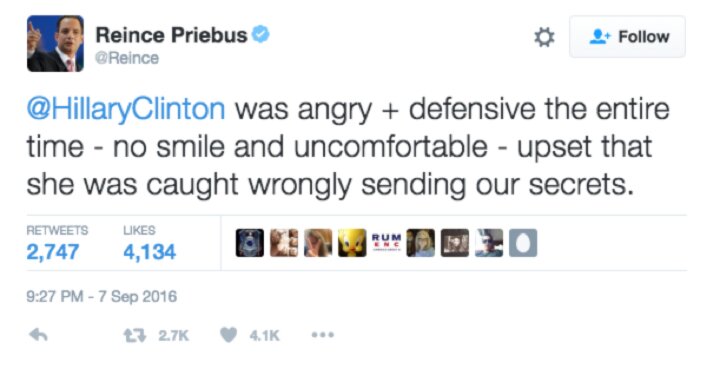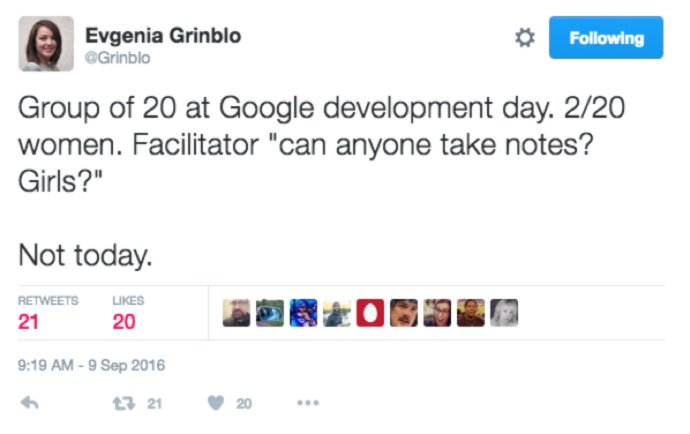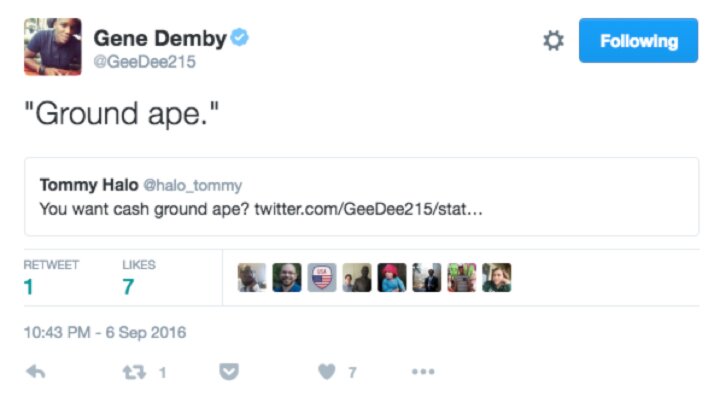What Twitter has done for us this election cycle
|
With the growing influence of social media in politics, many worry that online tools allow us to sort ourselves into destructive echo chambers. We follow only those who agree with us, we hear only what we want to hear, we inoculate ourselves to any competing opinion.
While I share that concern, I don’t think we give social media enough credit.
Every day I witness Twitter elevate voices with powerful messages that I wouldn’t hear otherwise. During this presidential campaign, Twitter and other social media have done heroic work showing the masses the continued pervasiveness of both misogyny and racism.
It’s easy to think we’ve come a long way from the days of open oppression of women and people of color. Instead, I fear we’ve simply made it (somewhat) more taboo to say aloud what many still believe. But hiding oppression does not mean that it doesn’t exist. It merely enables us to talk ourselves into a false sense of progress. Every day Twitter helps remind us of the work we have to do.
Here are three random, alarming, heartbreaking examples from just the last few days:
Republican National Committee Chairman Reince Priebus took to Twitter to admonish Hillary Clinton to smile more. Is a presidential candidate forum on national security really not a sufficiently serious context to allow a woman not to smile? She’s a serious person in a serious position. (Also, um, why should anyone have to smile in any context anyway?)
Without Twitter, Priebus would have had the same thought and probably he’d have voiced it to those around him. But broadcasting it on Twitter helps the rest of us understand the many hurdles our first woman candidate has to overcome just for being a woman.
Women battle in-your-face sexism every day. My brilliant and accomplished friend posted the tweet below recently. To assume that women’s contributions are sufficiently less valuable that it’s acceptable to relegate them to secretary is absurdly offensive. And, yet, I don’t often witness this type of misogyny in the tolerant little world I inhabit. Twitter enables people like my friend to remind us what’s out there.
Nauseating examples abound. I follow Gene Demby and you should, too. He’s a brilliant journalist, writing and talking incisively about some of our country’s most vexing problems. Here’s a response he got to posting a thoughtful article about Georgetown University beginning to acknowledge its slaveholding past.
Take a moment to reflect on that vileness. That happened to an American journalist in 2016. Without Twitter — and people like Gene Demby who remain active on it — it would be easy for the rest of us to forget that this country still has many explicitly racist people.
These are just three examples. Brave people I follow on Twitter share this kind of thing every day.
To be clear, there are downsides. For one thing, Twitter enables any vile person to throw around offensive garbage with abandon. It also enables racists and misogynists to find each other. Perhaps in creating such communities social media even normalizes and thereby increases racism and misogyny.
Worst, the burden of showing the world what is out there falls directly on those who endure the oppression in the first place. Folks do not need to put themselves out on a limb to educate the rest of us. In fact, they often subject themselves to even more filth for having spoken up.
In a time when the mainstream media seems incapable of fairly covering oppression and bigotry, these Twitter-elevated voices are critically important. The rest of us need to listen and take it upon ourselves to continue that education.
Zach McDade, from Boulder, Colo., is a Master’s in Public Policy candidate at Duke’s Sanford School of Public Policy. Follow Zach on Twitter (@zmcdade).
Want to stay informed on the go? Subscribe to our newsletter, This Week's 5 Gems. It's a curated digest of the week's top five stories delivered straight to your inbox.
Zach McDade
Zach McDade, from Boulder, Colo., is a Masters in Public Policy Candidate at Duke’s Sanford School of Public Policy. Follow Zach on Twitter (@zmcdade).
More Info




